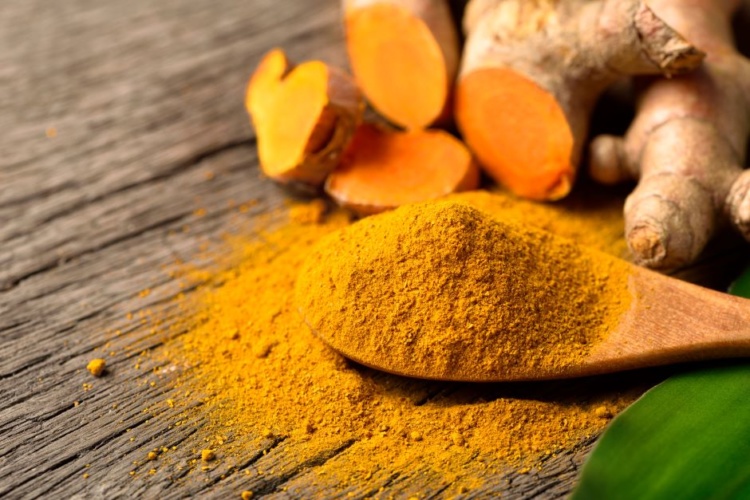Curcumin and gold nanoparticles key to ethanol fuel cells
Curcumin and gold nanoparticles have been combined to create an electrode that requires 100 times less energy to convert ethanol into electricity.

This is the claim of researchers at the Clemson Nanomaterials Institute (CNI), South Carolina and their collaborators from the Sri Sathya Sai Institute of Higher Learning (SSSIHL) in India.
While the research team need to do more testing, the discovery could eventually lead to hydrogen being replaced as a fuel cell feedstock.
“Of all the catalysts for alcohol oxidation in alkaline medium, the one we prepared is the best so far,” said Apparao Rao, CNI’s founding director and the RA Bowen Professor of Physics in the Clemson's College of Science.
Hydrogen is the most common chemical element in the universe, but it must be derived from substances including natural gas and fossil fuels because it occurs naturally on Earth only in compound form. The necessary extraction adds to hydrogen fuel cells’ cost and environmental impact.
Register now to continue reading
Thanks for visiting The Engineer. You’ve now reached your monthly limit of news stories. Register for free to unlock unlimited access to all of our news coverage, as well as premium content including opinion, in-depth features and special reports.
Benefits of registering
-
In-depth insights and coverage of key emerging trends
-
Unrestricted access to special reports throughout the year
-
Daily technology news delivered straight to your inbox










UK Enters ‘Golden Age of Nuclear’
The delay (nearly 8 years) in getting approval for the Rolls-Royce SMR is most worrying. Signifies a torpid and expensive system that is quite onerous...